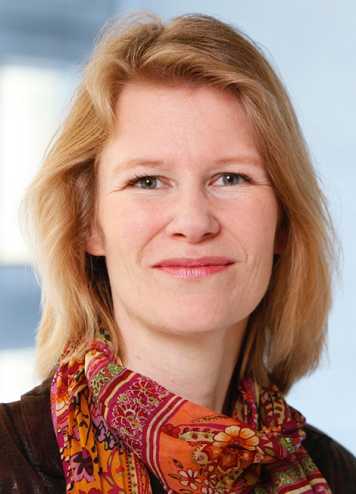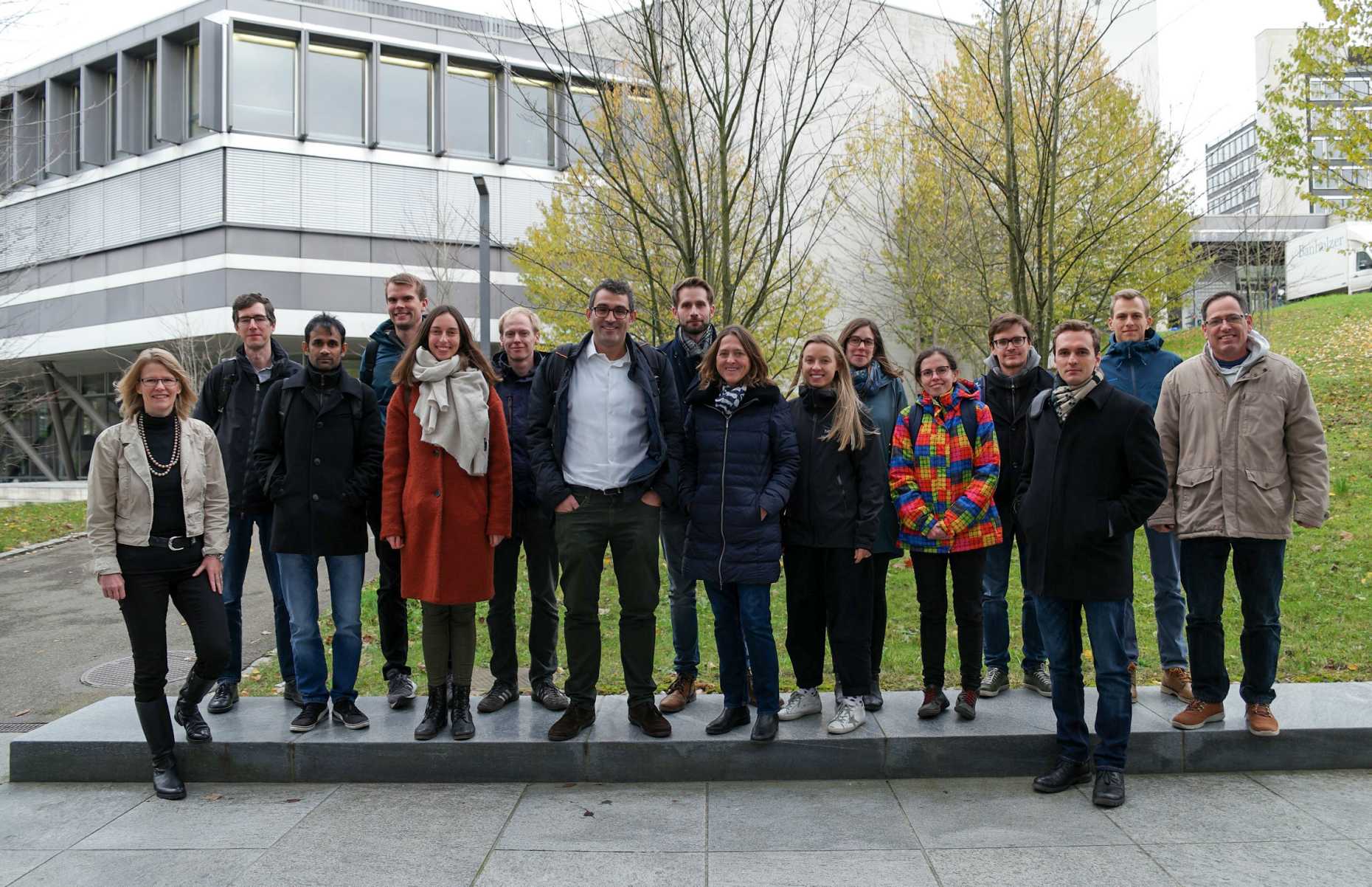FET Open Grant for Prof. Helma Wennemers and her team
- D-CHAB
- LOC
An international consortium of researchers shall create a new type of chemical reactor for molecular synthesis that is inspired by living cells. The project is part of the Horizon 2020 Programme and is funded by a FET Open Grant, which supports research on novel ideas for future technologies. Prof. Helma Wennemers and her team are part of the FET Open Grant and join the project as one of the five participating research groups.

The FET Open Grant brings together creative minds from different disciplines and supports the early exploration of future technologies in Europe in order to address current challenges, and generate societal and economic benefits. One of these challenges is that current molecular synthesis that is used in the industry follows an unsustainable way: too many reaction steps produce lots of waste, although nature implemented alternative ways long ago. Funded by the FET Open Grant, the 4-year-CLASSY project, in which Prof. Wennemers and her team are involved, should pave the way for a sustainable factory of the future.
The idea behind the project
Living cells are able to synthesize a large diversity of complex products in one single “cell reactor”, omitting unnecessary intermediate steps. This efficient process is very desirable for state-of-the art synthesis as well. Thus, the aim of the project is to create a novel chemical reactor for molecular synthesis that is inspired by living cells in their efficiency of carrying out reactions.
An international consortium of researchers attempts to turn this idea into reality: Within the framework of the European Union`s Horizon 2020 Research and Innovation Programme, Prof. Helma Wennemers and her team will work together with other leading international groups from five different European countries with expertise in systems chemistry, biocatalysis and microfluidics. In addition, two companies are involved.

Once developed, the dynamic cell-like system should help to reduce the amounts of waste products, currently generated by each reaction step. It will lead to the establishment of innovative technology that promotes sustainable factories, and it will provide deeper insights into the dynamics of molecular synthesis. Furthermore, these insights will have implications for our under-standing of the fundamentals of reaction processes that also played an important role in the origin of life.
The CLASSY project was kicked off in November 2019 at ETH Zurich, and is funded by the EU with approximately 3 million euro. Find more information about the project status following the link below.
